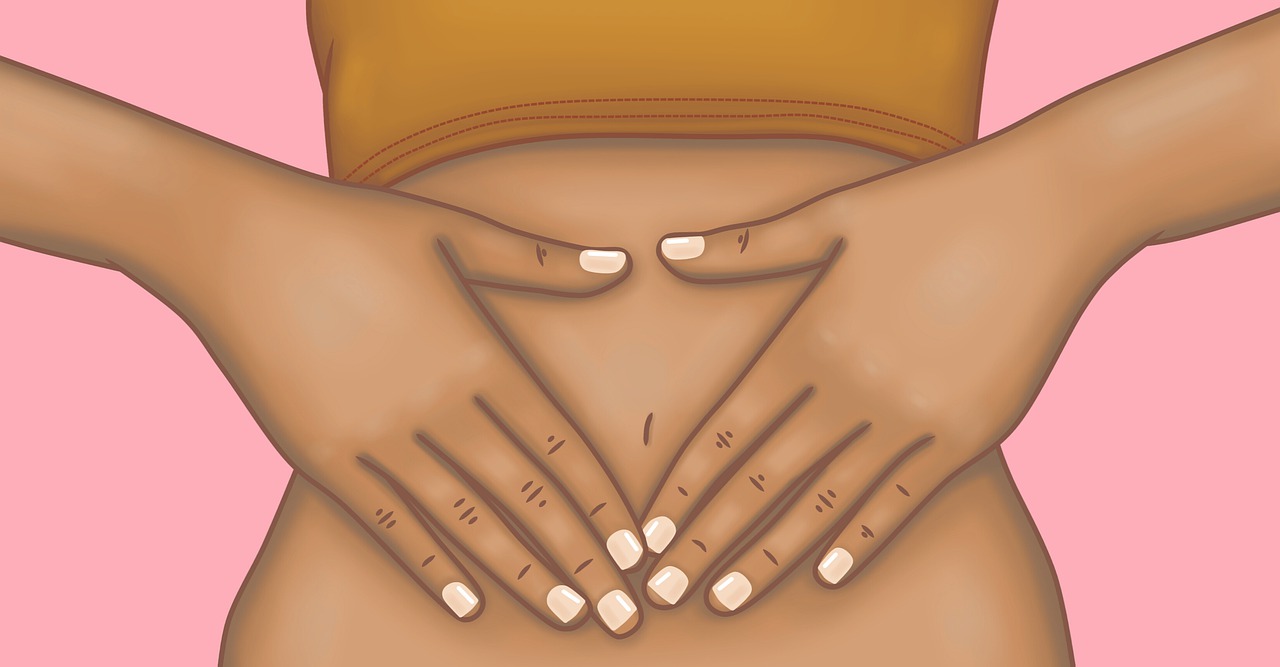
Recently, I participated in the Radboud Talks 2019, a scientific pitch competition, where I was lucky to be one of the eight finalists.
Why Radboud Talks? It is a perfect opportunity to share my work/ideas with the world and to gain more experience regarding presentation skills. They organized two workshops beforehand, where I had the opportunity to learn presentation techniques from professionals (actors and science communication advisors). We also got a lot of feedback, so I really learned a lot about how to present my scientific work to a general audience.
Below you can find the video from the preliminaries based on which I was chosen as a finalist. There you can hear about my research project which is about gut bacteria and their potential role in ADHD (Attention Deficit Hyperactivity Disorder). ADHD is a common worldwide neurodevelopmental disorder. Every person with ADHD has a unique combination of symptoms and challenges. Importantly, it has a significant social impact on patients’ lives, causing disruption at school, work and relationships. Despite its societal importance, progress in understanding disease biology has been slow.
The study of the human microbiome has become a very popular topic, because of their revealed importance in human physiology and health maintenance. Numerous studies have reported that gut bacteria may have an effect on our mental health. Some studies showed a potential role of gut bacteria in psychiatric disorder like depression, autism or Parkinson (1). Above all, diet showed to have a profound effect of ADHD symptoms. And we know that diet is one of the main factors influencing gut bacteria. Taking all together, I am curious (and investigating) if gut bacteria play a role in ADHD and if yes what kind of effect do they have on ADHD symptoms.
References:
- Bastiaanssen, T., Cowan, C., Claesson, M. J., Dinan, T. G., & Cryan, J. F. (2018). Making Sense of … the Microbiome in Psychiatry. The international journal of neuropsychopharmacology, 22(1), 37–52. doi:10.1093/ijnp/pyy067
